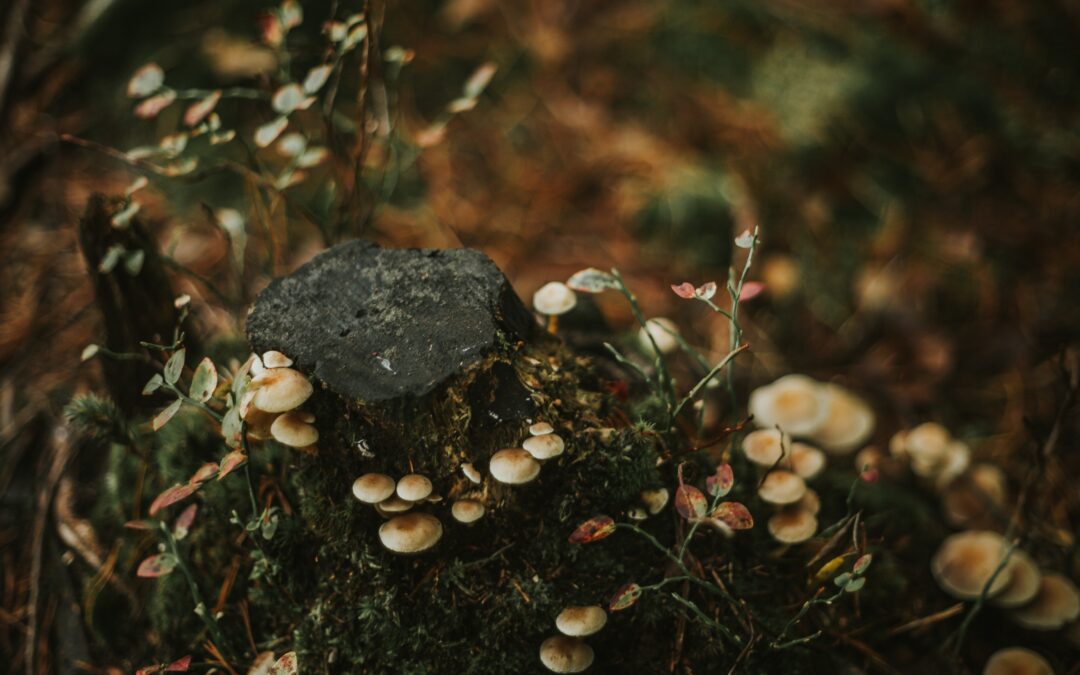Understanding Mushroom Toxicity in Dogs
Being a responsible dog owner, you naturally exercise caution when it comes to your four-legged companion’s dietary choices. Dogs, with their inquisitive nature, often venture into the environment, occasionally encountering mushrooms. The question that arises is whether mushrooms are safe for dogs. Let’s delve into this fungal topic to comprehend the potential perils associated with dogs consuming mushrooms.
The Perils of Mushroom Consumption: Mushrooms represent a diverse group of organisms, and while many are innocuous, a significant portion can be perilous to both humans and dogs. It’s crucial to bear in mind that the realm of mushrooms is intricate, making it a formidable challenge even for experts to differentiate between benign and hazardous varieties. Due to their indiscriminate eating habits, dogs might unintentionally come across toxic mushrooms and ingest them, precipitating an array of health complications.
Spotting Toxic Mushrooms: Distinguishing toxic mushrooms from their benign counterparts can be a daunting endeavor, as they often share a visual resemblance. Toxic mushrooms can trigger an array of symptoms in dogs, ranging from gastrointestinal distress to more severe consequences affecting the liver, kidneys, and nervous system. If there’s any uncertainty regarding a mushroom’s safety, it’s best to err on the side of caution and ensure your dog steers clear.
Indications of Mushroom Poisoning: In the unfortunate event of your dog consuming a toxic mushroom, the manifested symptoms can vary depending on the particular species ingested. Common indicators of mushroom poisoning in dogs encompass episodes of vomiting, diarrhea, abdominal discomfort, lethargy, tremors, seizures, and even a coma. Acting expeditiously is of paramount importance if you harbor suspicions of your dog ingesting a toxic mushroom.
Prevention and Responsive Measures: The most effective strategy for shielding your dog against mushroom poisoning is exercising vigilance during walks and outdoor escapades. Conduct routine inspections of your yard and the areas your dog frequents to ensure they remain free of potentially harmful mushrooms. If you suspect that your dog has ingested a mushroom, make it a priority to reach out to your veterinarian without delay. It is imperative not to attempt a home remedy, as the repercussions can be severe.
In summation, the dangers of mushrooms for dogs are substantiated, given the considerable number of toxic varieties that can elicit severe health complications. Should you harbor suspicions that your pet is ingesting mushrooms or any other deleterious substances, time becomes a critical factor. Do not hesitate to reach out to us promptly for professional counsel and to ensure your cherished companion receives the requisite care. Your veterinarian stands as your most reliable ally in safeguarding your dog’s well-being and health. Don’t hesitate to express concerns or pose inquiries regarding your pet’s dietary and safety requirements. Your proactive stance can be the pivotal factor in preserving your furry friend from the lurking hazards that surround them.

